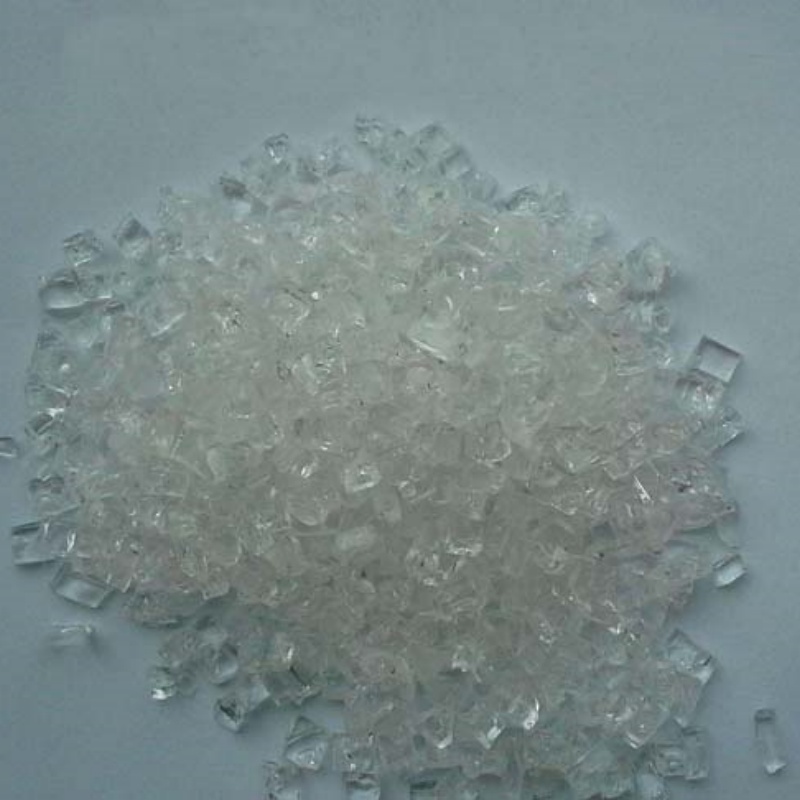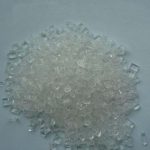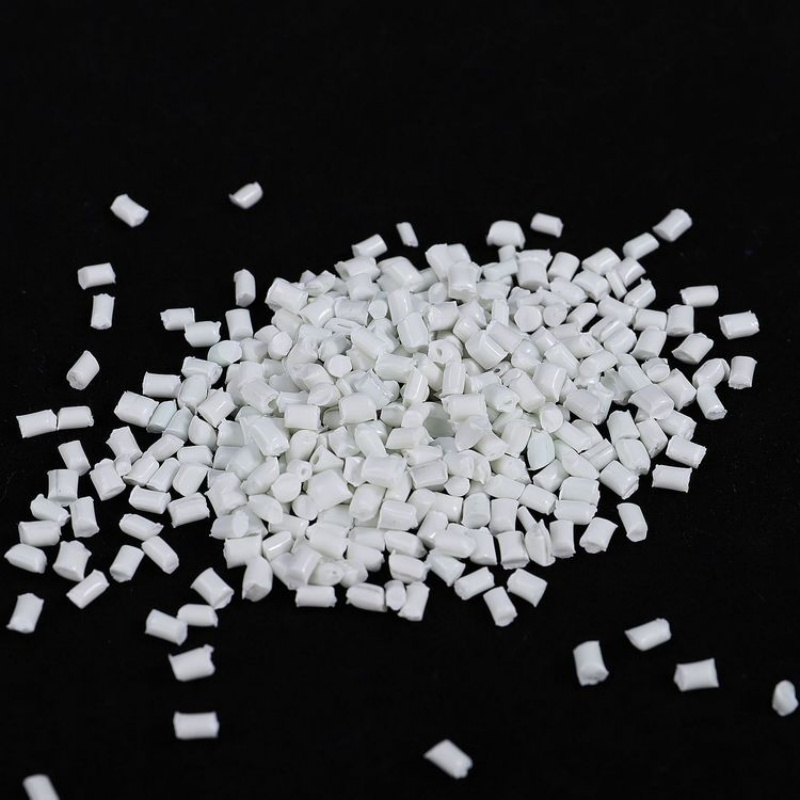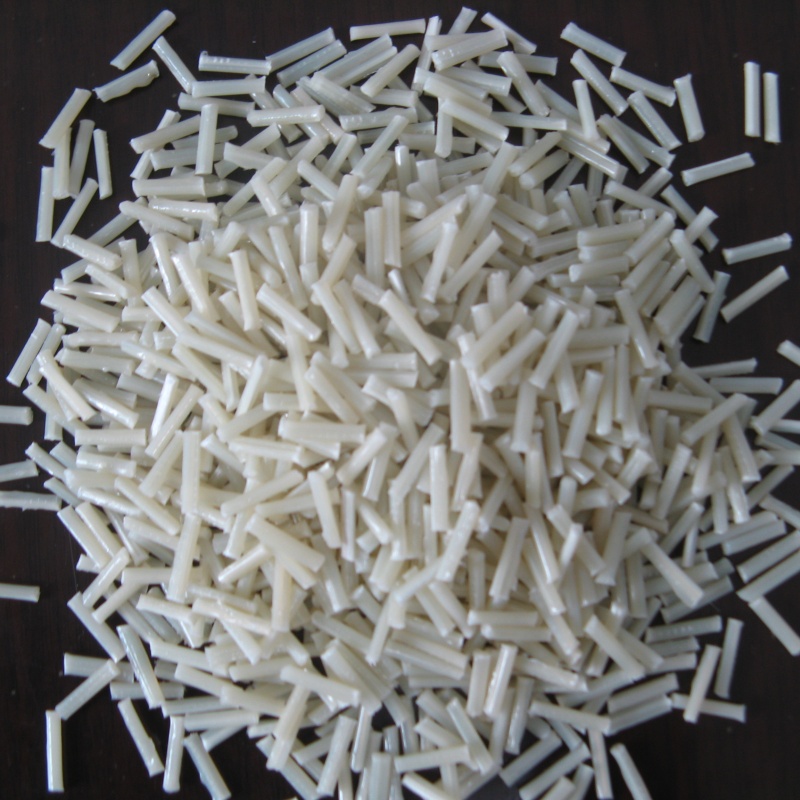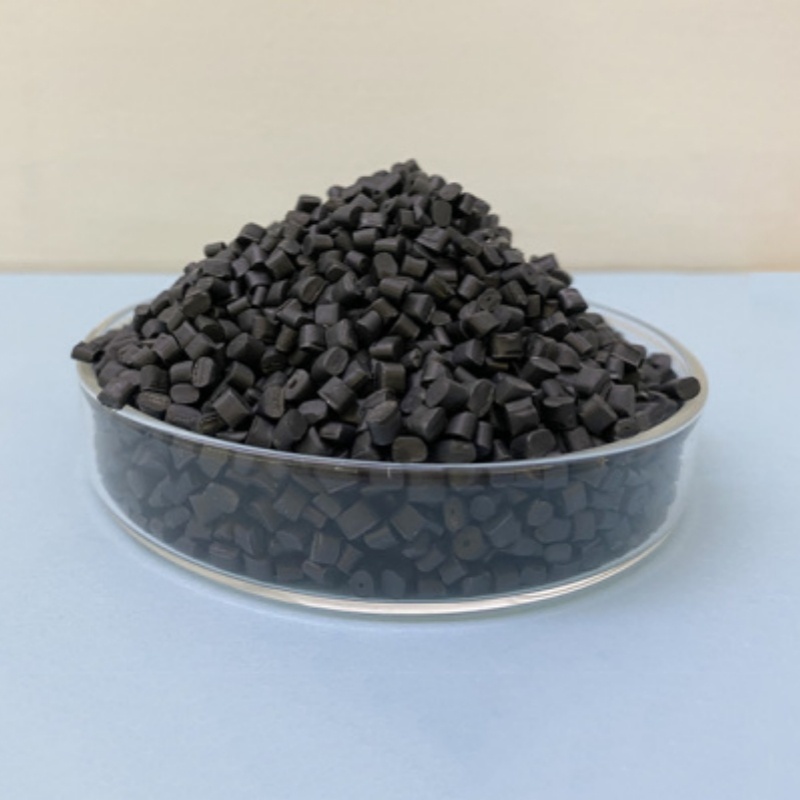Poly(ethylene glycol)-block-Poly(lactic acid) (PEG-b-PLA) is a biodegradable amphiphilic copolymer with excellent biocompatibility, controlled degradation, and superior solubility. Designed for drug delivery, biomedical engineering, and industrial applications, it ensures sustainability, targeted delivery, and optimized polymer performance.
Product Overview
Poly(ethylene glycol)-block-Poly(lactic acid) (PEG-b-PLA) is a block copolymer synthesized through the copolymerization of polyethylene glycol (PEG) and polylactic acid (PLA). This copolymer exhibits excellent biocompatibility and biodegradability, with an adjustable molecular weight tailored to meet specific application needs. PEG-b-PLA is widely used in drug delivery systems, medical imaging, and biodegradable medical devices. It complies with the YY/T 0661-2008 standard, ensuring minimal heavy metals, low tin residue, and low sulfate ash content.
Key Features
- Biodegradability: Outstanding biodegradability, making it ideal for absorbable medical devices and drug delivery carriers.
- Adjustable Molecular Weight: Customizable molecular weight range (5,000 to 300,000) to meet diverse application requirements.
- Low Heavy Metals and Residues: Meets the strict standards of YY/T 0661-2008, ensuring high safety with low levels of harmful substances.
- Good Biocompatibility: Excellent biocompatibility, suitable for medical and pharmaceutical applications.
Applications
- Drug Delivery Systems: Used in the design and production of controlled-release drug carriers.
- Biodegradable Medical Devices: Such as absorbable sutures, wound dressings, and other bioabsorbable medical devices.
- Biomedical Materials: Used in tissue engineering, cell culture media, and bioactive materials.
- Environmental Packaging: Ideal for the production of biodegradable, eco-friendly packaging materials.
Submit Your RequirementsWe will contact you within 24 hours.
 WOBO Scientific Research New Materials One-Stop Service Platform
WOBO Scientific Research New Materials One-Stop Service Platform


